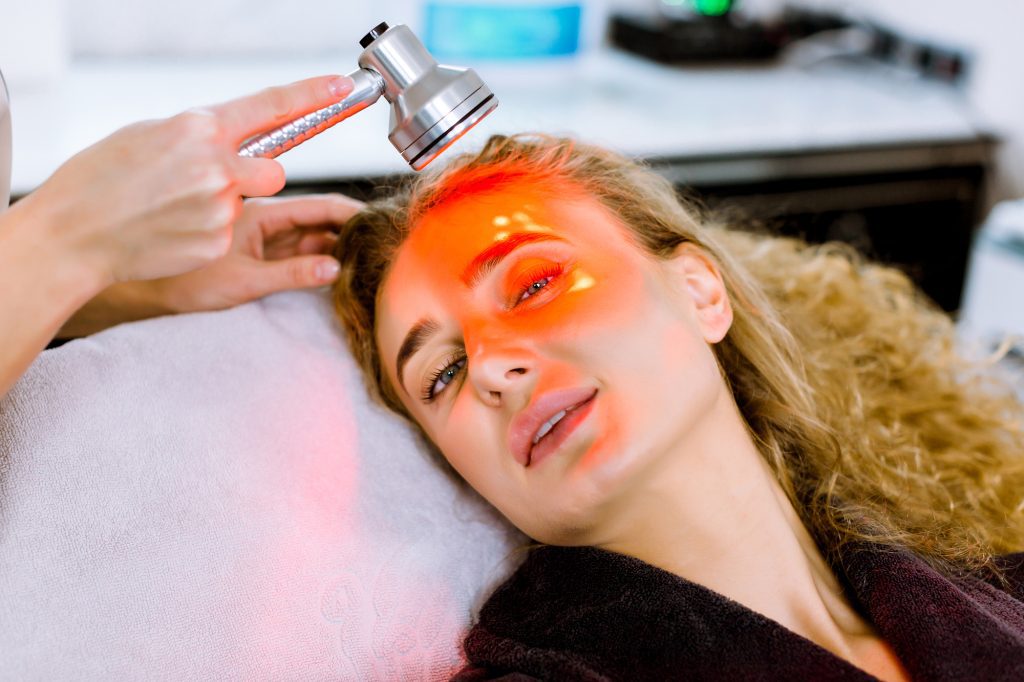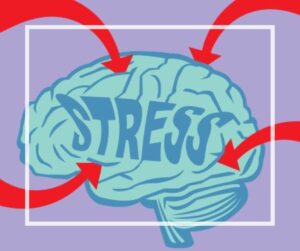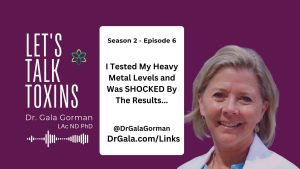Are you ready to uncover the secrets to restoring your sleep? My sleep routine for insomnia has been developed over several decades. Managing stress and toxins can transform your life.
Imagine waking up refreshed with a happy brain, ready to conquer the day. Some simple but powerful tweaks can soothe your nervous system and bring balance back to your life.
Dr. Gala’s Quick Take
Yes, a thoughtful sleep routine can help with insomnia. Regular sleep schedules and relaxing activities before bed can improve sleep quality.
Understanding the Root Causes of Insomnia

When your sleep is disturbed, it’s often due to excessive stress. This could be normal stress like a LONG to-do-list, relationship issues, or financial strain.
These stressors can lead to overthinking and an inability to pause your mind for sound sleep. However, another significant contributor to sleep disturbance is toxins.
When you have underlying toxicity, even normal stress can become overwhelming. If stress-reducing techniques like meditation or yoga provide only temporary relief, it might indicate that there is a toxic buildup that needs to be addressed.
Toxins can come from various sources, including environmental pollutants, processed foods, caffeine intake, electronic devices, and even some household products. Recognizing and managing these toxins is crucial for achieving better sleep.
Managing Toxins for Better Sleep
Toxins are everywhere. They are an unavoidable part of life. While they can’t be completely eliminated, you can learn to manage them. Identifying your unique “kryptonite”, essentially the root cause of just about any symptom, and keeping toxicity at a manageable level is crucial.

It is especially important to manage the time from 7:00 PM until you wake up. This period is sacred for your body’s natural sleep cycle.
To manage toxins effectively, consider incorporating detoxifying practices into your daily routine … the hours between waking and 7 pm. Drinking plenty of water, eating a diet rich in antioxidants, and using natural cleaning products can help reduce your overall toxin load.
Additionally, practices like dry brushing and regular exercise can support your body’s natural detoxification processes.
Optimizing Your Evening Routine

Your body is hardwired to sleep between 11:00 PM and 5:00 AM. To prepare for this, start winding down by 10:00 PM. Avoid eating heavy meals after 7:00 PM as digestive processes can interfere with bedtime. If you eat your last meal by 3:00 PM, it allows your body ample time to digest hours before bedtime.
Make your bedroom a soothing place. A comfortable bed and a cool room temperature (65-68 degrees Fahrenheit) can help. Blue light from screens can disrupt your bedtime, so using blue blocker glasses with an orange tint can mitigate this effect.
Creating a calming bedtime routine is also essential. Consider activities like reading a real book, taking a warm bath, or practicing gentle yoga stretches. These activities can signal to your body that it’s time to unwind and prepare for bed.
Boosting Happy Brain Chemicals

Happy brain chemicals like serotonin and oxytocin play a significant role in your mind’s ability to “shut down” for sleep. If you have digestive issues, you might struggle with producing these chemicals.
- Practicing gratitude can quickly increase happy brain chemicals.
- Creating a to-do-list for the next day can also help your mind relax.
- Feeling loved and cared for, even by a pet, can increase oxytocin levels, making it easier to sleep.
Additionally, engaging in activities that promote happiness and relaxation during the day can enhance your consistent sleep schedule. Spending time in nature, connecting with loved ones, and pursuing hobbies you enjoy can all contribute to a happier, more relaxed mind. These activities make it easier to fall asleep and stay asleep at night.
Additional Tips and Hacks For Improving Sleep

Using red light therapy in the morning can help to set your circadian rhythms. Red light therapy mimics natural sunlight, regulating your body’s internal clock. If you experience night cramps, supplementing with magnesium for a short period can help. Magnesium plays a crucial role in muscle relaxation and can alleviate nighttime cramps, improving sleep quality.
Another effective strategy is practicing mindfulness. These techniques can help calm your mind, reduce feelings of stress, and promote relaxation. Consider setting aside a few minutes each day to practice deep breathing exercises or guided meditation.
Key Takeaways
- Developing a healthy sleep habit is essential for overall mental health.
- If you’re struggling with chronic insomnia, consider applying the tips and tweaks I’ve suggested to your nighttime routine.
- Managing stress and toxins effectively can lead to a more restful and rejuvenating sleep pattern.
Conclusion
A restful night’s sleep is essential for sustaining overall health. If you’re struggling with insomnia, consider incorporating some or all of what’s worked for me into your routine. Managing stress and toxins effectively can lead to more restful and rejuvenating hours of sleep. And, that will improve your health.
“If you came into my office, I’d ask you a lot of questions that would help us connect the dots … so that together we can deal with your toxic stress.
Every situation is unique and you need a plan that works for you. Not a one-size-fits-all solution.
If you’re thinking you can’t come into my office, don’t worry. I’ve created a program with all of my initial recommendations to help you unravel the mystery. You can use it at home and at your convenience.
So if you’re thinking that managing chronic stress just isn’t possible … or even the answer … for you, I want to show you what you may be missing.
And how you can identify the toxic stressors that are creating your symptoms with my Human Energy System Reboot. You can get started HERE.” – Dr. Gala












